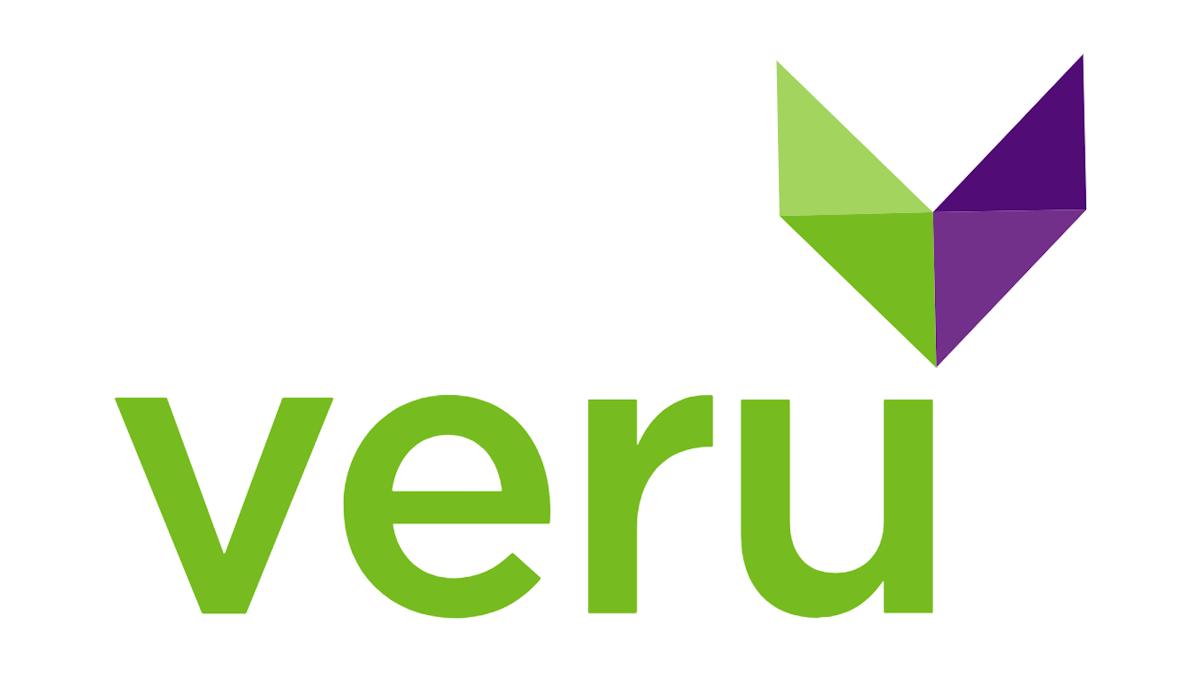Veru shares plunge despite positive data in obesity trial

In another example of the volatility facing developers of obesity drugs, Veru saw its share price cut nearly in half – despite reporting ostensibly positive data for a drug candidate.
Veru's enobosarm is designed to be used in combination with GLP-1 agonist-based obesity drugs – such as Novo Nordisk's blockbuster Wegovy (semaglutide) – to reduce the loss of lean muscle mass that tends to accompany weight loss with these drugs, which can be particularly problematic in older people who may have already lost muscle due to the ageing process.
The results of the phase 2b QUALITY trial showed it achieved that objective, with overweight or obese patients aged 60 or over who took enobosarm losing 71% less lean mass than those on Wegovy alone, which was a statistically significant difference.
What seems to have concerned investors is that, while the enobosarm group lost 27% more fat mass than patients taking Wegovy alone, the difference was not statistically significant and the overall reduction in body weight was similar to that achieved with Novo Nordisk's drug on its own.
That finding – and possibly the lack of any safety data in Veru's update, as that remains blinded until April – resulted in Veru's stock declining almost 48% after the announcement.
The fall came despite positive results on another secondary endpoint in QUALITY looking at physical function, with 54.5% fewer patients on Veru's drug having a 10% or greater reduction in their ability to climb stairs from baseline when the drug was added to the weight-loss treatment.
That was also a statistically significant difference, and Veru has said it will press ahead with plans to advance enobosarm into phase 3 testing on the strength of the data, using stair climb ability as the primary endpoint.
The company said this is the first human study to report the effects of a muscle preservation agent on body composition in older patients who have obesity or are overweight and are being treated with a GLP-1 agonist.
"Weight loss through any modality produces a loss of both lean and fat mass," said obesity expert Dr Louis Aronne, a past president of the Obesity Society, who is an advisor to Veru.
"The greater magnitude of weight loss seen with bariatric surgery and [GLP-1 agonists] has produced an unmet medical need to preserve muscle and physical function in older patients receiving these treatments," he added.
"This combined treatment approach could benefit patients with obesity and low amounts of muscle due to age-related muscle loss."
The scale of the decline in Veru's shares despite the positive result may reflect the amplified expectations of investors for obesity candidates – and what is shaping up to be a highly competitive market – with similar sell-offs following positive data on drug candidates from Novo Nordisk and Amgen in recent months.
Veru's focus on lean body mass differentiates its candidate from others in the weight-loss category, although, other companies including Eli Lilly through its 2023 acquisition of Versanis, Roche, and Scholar Rock are also working in this area.












